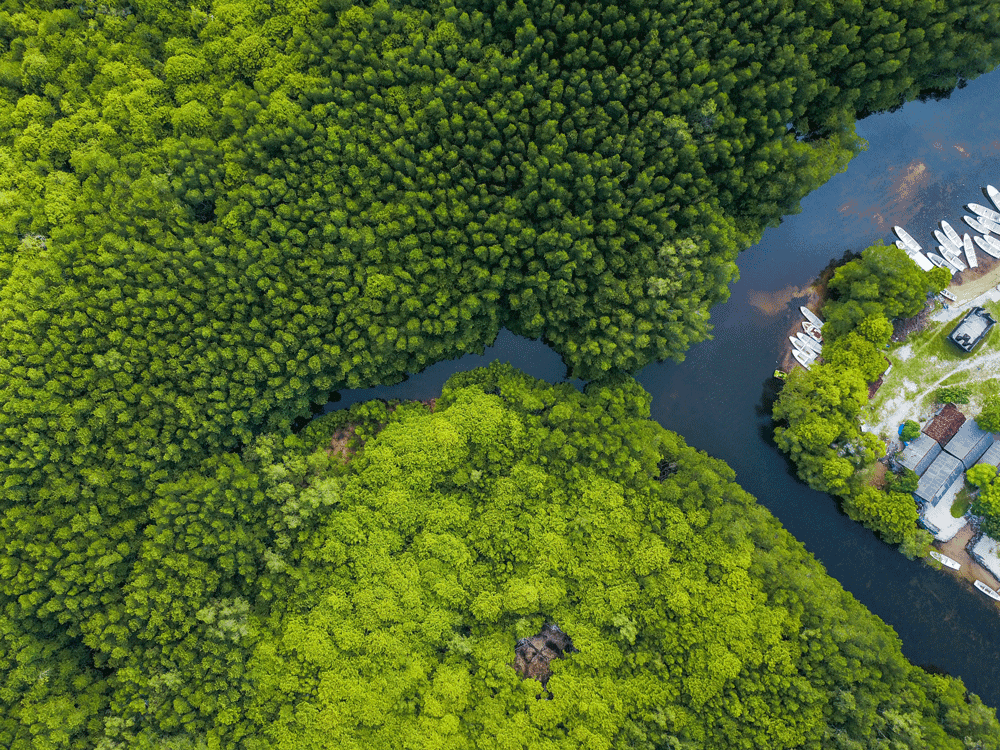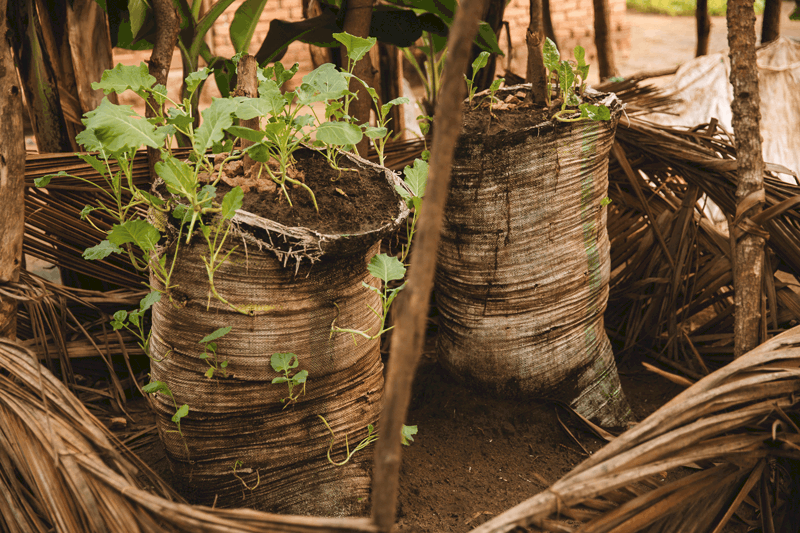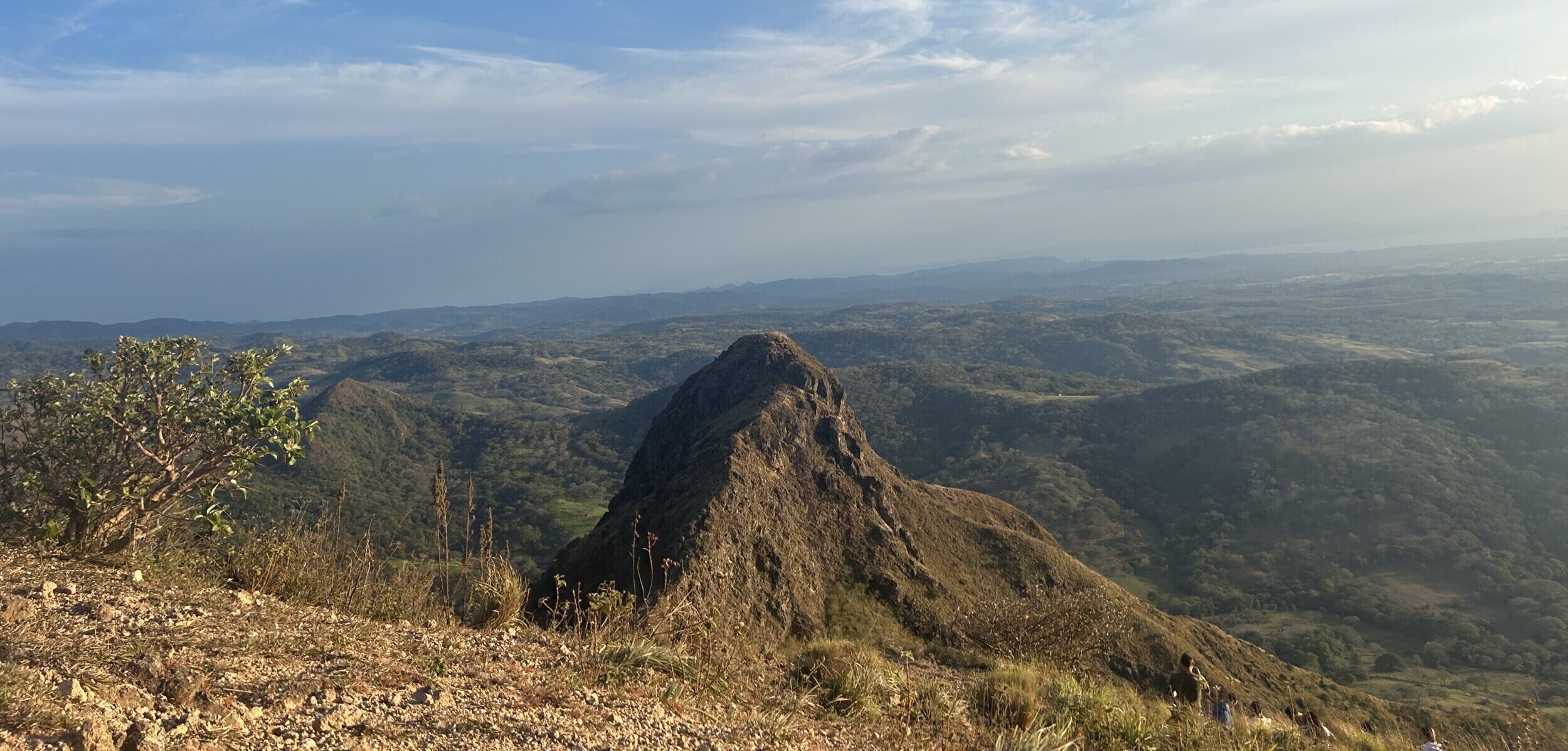Business Green, a UK’s specialized media outlet on green economy and environmental issues, has published a note about the Lab’s 2019 endorsement meeting, which took place on October 2nd at The Rockefeller Foundation, in New York. It quotes Lab director Barbara Buchner, also executive director of the Climate Policy Initiative, saying the projects would unlock investment that could “transform the economic reality toward greater sustainability in countries and regions that need it most”. Read the original post here.
—
Major investors embark on green farming, cities, and clean energy financing drive
By Michael Holder, October 2, 2019
A group of more than 60 major investors, banks, foundations, and governments has today announced the launch of six inter-related climate finance initiatives aimed at raising billions of dollars to support clean energy, sustainable agriculture, and low carbon cities in developing countries.
The Global Innovation Lab for Climate Finance – which is backed by public and private investors and institutions including the UK government, the World Bank, the Rockefeller Foundation, and others – has mobilised nearly $2bn for climate action and sustainable development since its creation in 2014.
Following a meeting of its members during the UN Climate Action Summit in New York last week, the Lab voted to endorse six further financial mechanisms and enterprises to take forward over the coming year, it confirmed today.
The six new financial instruments target four key focus areas relating to climate mitigation and adaptation, marine and coastal restoration for carbon sequestration, sustainable smallholder farming in Africa, renewable energy access in Rwanda, and low carbon cooling and air pollution projects in cities, the Lab explained.
Lab director Barbara Buchner, who is also executive director of the Climate Policy Initiative, said the projects would unlock investment that could “transform the economic reality toward greater sustainability in countries and regions that need it most”.
“If in just five years the Lab has shown it can unlock billions of dollars in sustainable investment, we are ready to go from traction to scale and excited to see what the next five years will bring,” she said.
After seven months of analysis, stress-testing and design, the six financial instruments are now ready to launch pilot projects, the Lab said.
Supported projects include the Restoration Insurance Service Company (RISCO), a social enterprise that invests in mangrove restoration and conservation in areas with high-value coastal assets, and the Blockchain Climate Risk Crop Insurance platform to boost climate resilience of crops and farmers in West and Central Africa.
Others such as Cooling as a Service, which aims to decrease energy consumption and greenhouse gas emissions from cooling use in cities through a pay-per-service model for more efficient air conditioning, and Solar Securitization for Rwanda, a tradable security designed to help solar developers increase access to expansion capital, have also been announced.
Other members of the Lab include the German, Dutch, and Australian governments, as well as Bloomberg Philanthropies and the International Fund for Agricultural Development (IFAD).
Norbert Gorissen, deputy director general for international policy at Germany’s federal ministry for the environment and nuclear safety, said it was “time for countries to translate their national climate plans into concrete investments”.
“The new instruments endorsed by the Lab show great potential to open up new markets and opportunities for effective and ambitious action on climate change,” he said.





